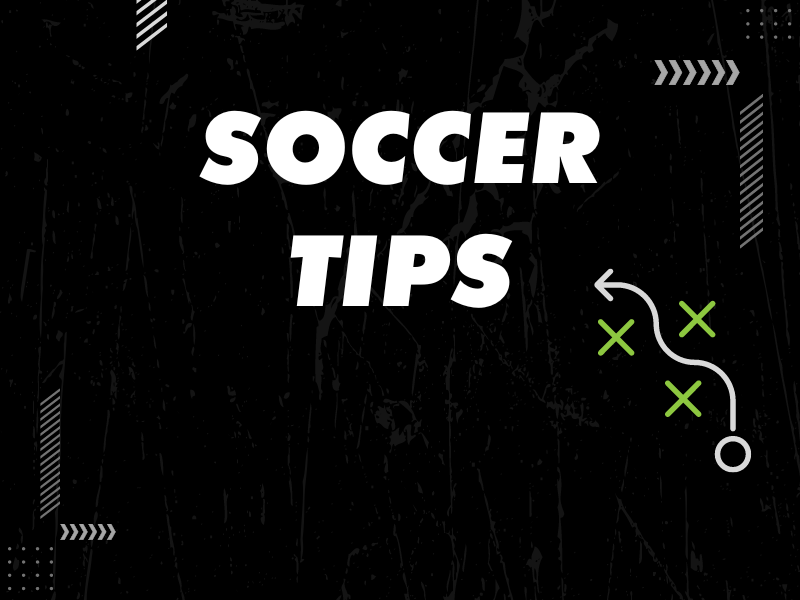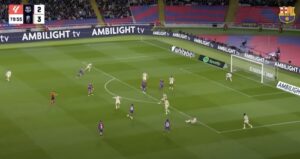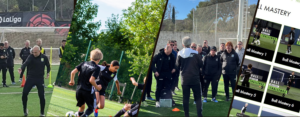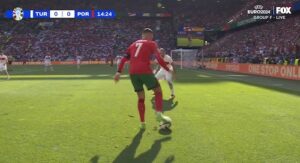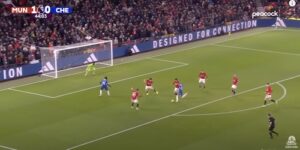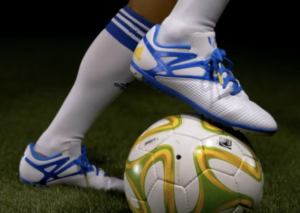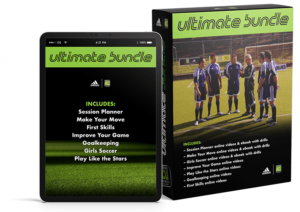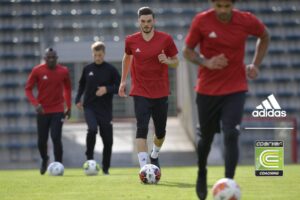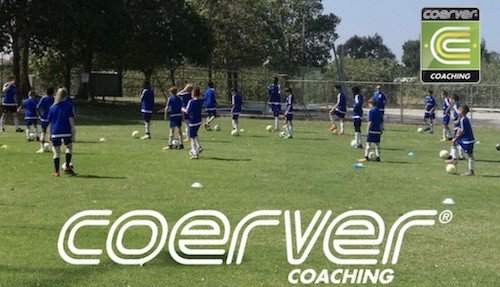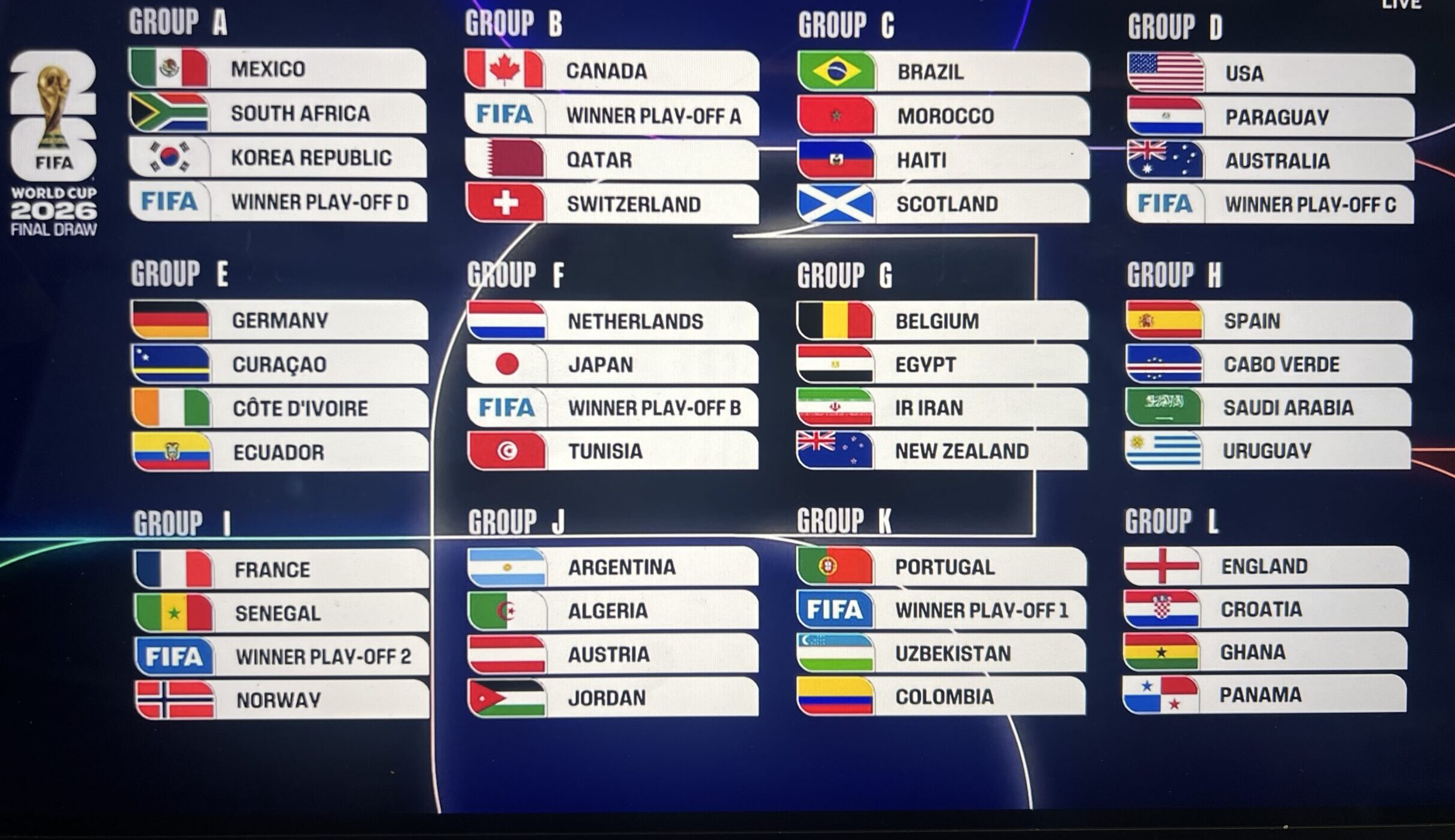| Speed is an essential component of all sports, especially soccer. Someone who is said to be fast is someone useful to have on a soccer team. But what does speed, or being fast mean? And in soccer, there’s speed with the ball on your foot when you’re dribbling and without. Both are important. Oh, and then there’s speed of thought – which also is important and comes with experience. Knowing when to make the right run, for example. But let’s look at speed and the ability to accelerate quickly:
It doesn’t just mean being able to sprint 100 meters in a fast time. Being able to run fast in a straight line is great for a track athlete but for a lot of sports, and especially for soccer, speed means a few other things. For soccer we see speed as: 1. the ability to accelerate quickly The first five elements are areas that we can improve upon in specific speed training. The last two are areas that are specific to soccer training with a ball. You’ve seen how fast Lionel Messi moves with the soccer ball at is foot, right? And how close he keeps the ball to his foot. That’s a key element of soccer speed with the ball. Here are some key points to remember when doing specific speed sessions (that is sessions without a ball) are:
A lot of people say that sprinters are born and not made, and while it is true that genetics plays a large part in a players ability to move quickly, all soccer players can improve all aspects that make up speed. These are just some of the ideas I use when working on different aspects of speed. Acceleration in Soccer To get acceleration, a player needs to move his/her feet very quickly, gradually increasing stride length as he/she drives forward. Fast feet drills, using speed ladders etc. can greatly help a players acceleration as well as coordination. Strength can be increased using sprint drills and low intensity ply metrics (for players 13+). Weight training is ideal to gain specific strength but not for youth soccer players under the age of 16 or so. Maximum Speed Maximum speed requires leg strength and leg speed. One way in which youth soccer players can gain more leg strength and leg speed is to work on sprint drills. These are drills that break down the sprinting action and work on specific areas. I like to use these as part of a long warm up session and usually perform them over roughly 20-30 meters. With all these drills, it is important that the arm action is strong and relaxed. Mimic the arm action of sprinting style, so for instance if doing bum kicks, don’t try and kick your hand that you place behind you, run with normal arm action.
Reaction Speed Having soccer players sprint when they are given a command. The command can be visual or a sound. Remember that in game situations, they will usually react to visual stimuli. It is also a good idea to have players react while they are moving rather than standing still. Soccer players would not normally be stationary during a game, and nor would they usually be required to react quickly and at speed from a stationary position. Lots of fun game type soccer drills can be used, where players in pairs react to a command or signal as part of race or relay. This keeps players concentrating on the command and therefore making their running reaction more natural and relaxed. In other words, rather than have them stationary, then you say “set” “go”, they are running on the spot and may have to jump, turn, or sprint forwards, backwards etc. Change Direction Setup soccer drills and sprints where the players are not just running in a straight line. Get them to run back then forwards, side to side, then back, diagonally etc. In a soccer game there are no restrictions on the directions they will so incorporate multi direction runs into speed training. Sustain Speed Speed endurance is the ability to hold close to maximum speed for as long as possible, a 400 meter runner has good speed endurance. A soccer player, needs elements of speed endurance but also need to be able to carry out many short bursts of effort during a match. To train for this requires, interval type training, with high intensity and a reasonable recovery period. This type of training, should take place once the player has had some base training to get some initial endurance on which to build more specific speed endurance. Natural speed is one thing, quickness of mind is another. To have both is like having a royal flush in poker. Alfred Galustian, head of Coerver Coaching, has devised a set of speed training drills to help you harness both weapons. Related articles: |
Soccer Speed – Accelerate Quickly
